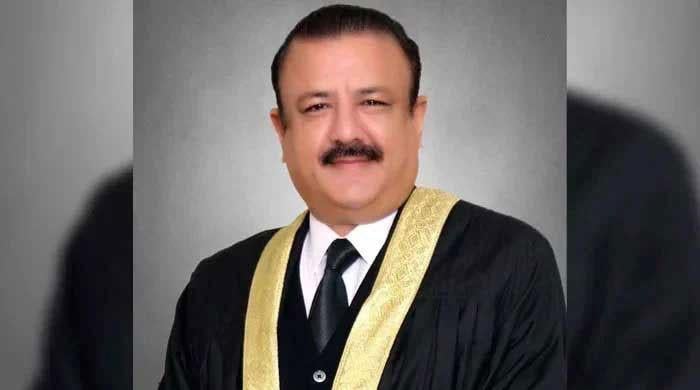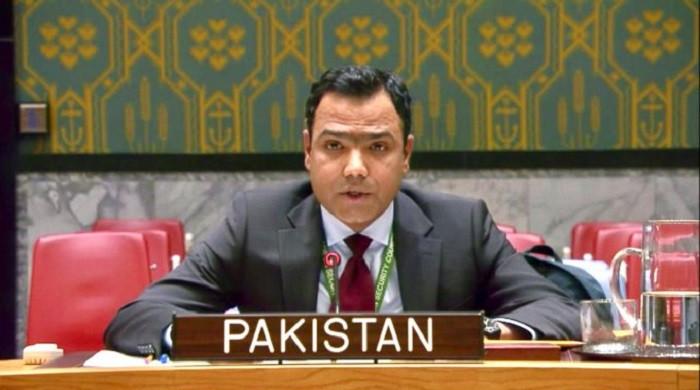US seeks Pak aid in peace effort
WASHINGTON: Just a month after accusing Pakistan’s spy agency of secretly supporting the Haqqani terrorist network, which has mounted attacks on Americans, the Obama administration is now relying...
October 31, 2011
The revamped approach, which Secretary of State Hillary Rodham Clinton called “Fight, Talk, Build” during a high-level United States delegation’s visit to Kabul and Islamabad this month, combines continued American air and ground strikes against the Haqqani network and the Taliban with an insistence that Pakistan’s Inter-Services Intelligence agency get them to the negotiating table.
But some elements of the ISI see little advantage in forcing those negotiations, because they see the insurgents as perhaps their best bet for maintaining influence in Afghanistan as the United States reduces its presence there.
The strategy is emerging amid an increase in the pace of attacks against Americans in Kabul, including a suicide attack on Saturday that killed as many as 10 Americans and in which the Haqqanis are suspected. It is the latest effort at brokering a deal with militants before the last of 33,000 American “surge” troops prepare to pull out of Afghanistan by September, and comes as early hopes in the White House about having the outlines of a deal in time for a multinational conference Dec. 5 in Bonn, Germany, have been all but abandoned.
But even inside the Obama administration, the new initiative has been met with deep skepticism, in part because the Pakistani government has developed its own strategy, one at odds with Mrs. Clinton’s on several key points. One senior American official summarized the Pakistani position as “Cease-fire, Talk, Wait” for the Americans to Leave.
In short, the United States is in the position of having to rely heavily on the ISI to help broker a deal with the same group of militants that leaders in Washington say the spy agency is financing and supporting.
“The Pakistanis see the contradictions in the American approach,” said Shamila N. Chaudhary, a former top Obama White House aide on Pakistan and Afghanistan. “The big question for the administration is, “What can the Pakistanis actually deliver? Pakistan is holding its cards very closely.”
On Sunday, United States intelligence officials deepened an investigation into what role, if any, the Haqqani network played in the bombing in Kabul on Saturday.
Several current and former American officials say the United States has tried this bomb-them-to-the-bargaining-table approach before. In the 1990s, it helped drive Serbian leaders to peace talks in Dayton, Ohio, but it has resulted in little so far with the Afghan Taliban.
“I don’t think anyone expects Secretary Clinton’s visit to produce reconciliation,” said Bruce O. Riedel, a former C.I.A. officer and the author of “Deadly Embrace: Pakistan, America, and the Future of the Global Jihad.” Mr. Riedel, who advocates a policy of containment in Pakistan, added, “The deterioration of U.S.-Pakistan relations is likely to continue.”
Senior Pakistani officials say they are confused by a lack of clarity in the administration’s long-term goals in Afghanistan, and are working with American officials to hammer out specific plans after Mrs. Clinton’s visit. As an incentive, the United States has offered Pakistan a prominent role in reconciliation talks. But American officials have warned that they will take unilateral action if negotiations fail.









